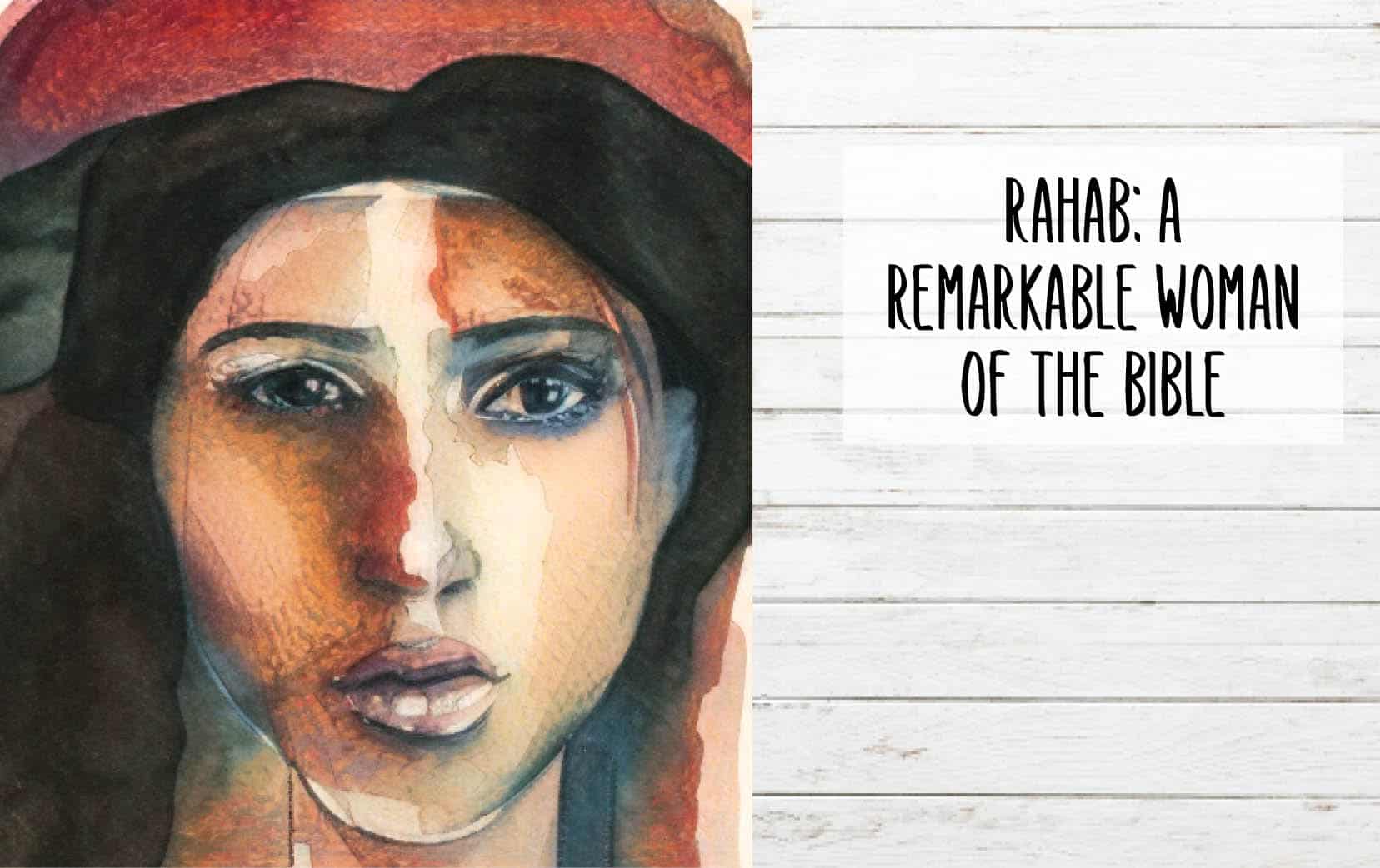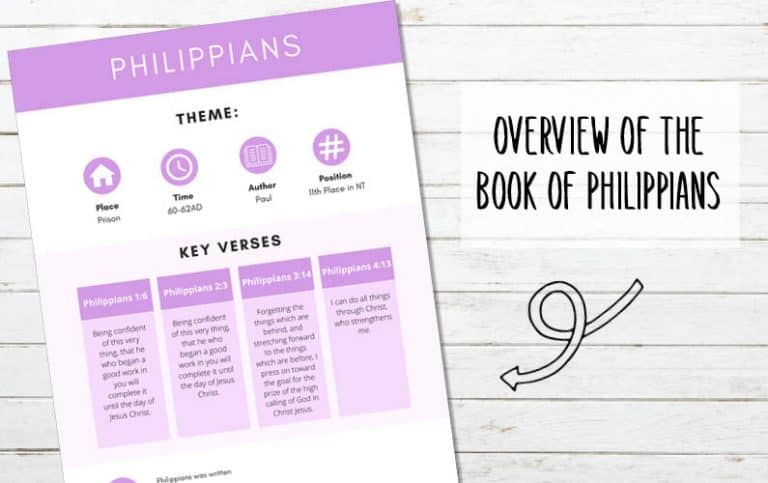The Bible is full of interesting and inspiring stories of people who followed God’s will and were rewarded for their faith. One such person is Rahab, a woman from Jericho who aided the Israelite spies when they came to her city to assess the military strength of the Canaanites. Rahab hid the spies and lied to the authorities, telling them that she had not seen any foreigners. She was rewarded for her actions by being spared when Jericho was conquered, and she eventually married into the Israelite tribe of Judah. Rahab is an important figure in the Bible because she demonstrates that faith can come from unlikely places, and that anyone can be welcomed into God’s family. You can read Rahab’s story in Joshua 2.
Where did Rahab live?
Rahab lived in Jericho, a city located in the Jordan River valley. Jericho was a major trade center and was home to a large number of people.
The events leading up to Jericho’s conquest were set in motion after the Israelites had fled from Egypt and were wandering in the wilderness. God had promised them that He would give them the land of Canaan, and they were eventually led to Jericho by Joshua. The people of Jericho were fearful of the Israelites, and they tried to prevent them from entering the city. However, Rahab defied the authorities and helped the Israelites by hiding them from the guards.
Bible References to Rahab
There are several references to Rahab in the Bible. The most significant are found in the book of Joshua, where it is recorded that she helped the Israelite spies when they came to Jericho.
Rahab is also mentioned in the genealogy of Jesus Christ. In Matthew 1:5, it is recorded that Rahab was included among the ancestors of Jesus. This makes her one of only a few women who are mentioned in this way.
She is also mentioned in Hebrews 11:31 and James 2:25.
Summary of Rahab in the Bible
After the Israelites had fled from Egypt and were wandering in the wilderness, God led them to Jericho. The people of Jericho were afraid of the Israelites, and they tried to prevent them from entering the city. However, Rahab defied the authorities and helped the Israelites by hiding them from the guards.
When the Israelites were preparing to conquer Jericho, Joshua sent spies into the city to assess the military strength of the Canaanites. Rahab hid the spies and lied to the authorities, telling them that she had not seen any foreigners. She was rewarded for her actions by being spared when Jericho was conquered, and she eventually married into the Israelite tribe of Judah.
Rahab’s faith and how it led her to help the Israelites
Rahab’s faith led her to help the Israelites because she believed that they were God’s chosen people. She was willing to risk her life to help them, and she was rewarded for her faithfulness. After Jericho was conquered, Rahab’s life changed dramatically. She married into the Israelite tribe of Judah and became an important part of the community.
Rahab’s story is a reminder that faith can come from unlikely places, and that anyone can be welcomed into God’s family. Her story is also a reminder of the power of God’s love and grace. No matter where we are in our faith journey, we can always find our way back to God.
What does Rahab’s story teach us about our own faith journey?
Rahab’s story teaches us that no one is beyond God’s reach. Rahab was a woman who had done many wrong things, but she was still forgiven and welcomed into God’s family. Her story reminds us that God is always ready to forgive us, no matter what we have done. It also teaches us that we are never too far from God’s grace. No matter how lost we feel, God is always there to help us find our way back.
Rahab was a remarkable woman of the Bible who is best known for her faith and willingness to help the Israelite spies when they came to Jericho. Her story teaches us that no one is beyond God’s reach, and that we are never too far from His grace. Rahab’s story is an important reminder of the power of God’s love and forgiveness.







